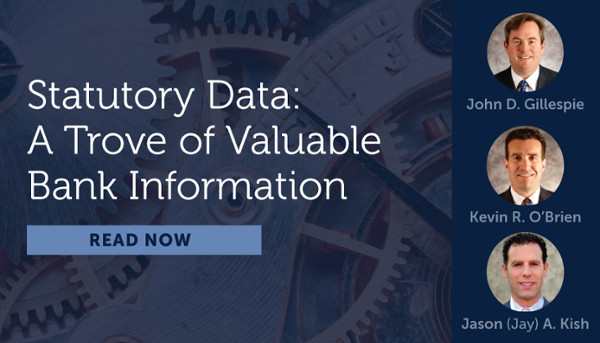If you were working in the investment industry during the late 1990s, what were some of the most excessive, unreasonable market events you remember? Here are some that may jog your memory:
- Mark Cuban’s Broadcast.com (known as AudioNet prior to the name change), which primarily streamed professional sports games via the internet, IPO’d in 1998 and saw its stock soar 250% in its first trading session, leaving the company with a value of roughly $1 billion. In April 1999 – just nine months later – Yahoo! acquired the company for $5.7 billion and later shuttered its services in 2002.
- In an IPO that made Broadcast.com’s pop look like child’s play, Priceline.com went public in March 1999 at $16 share. Hours later it traded at $88 before closing at $69. One month afterward, the stock had gained over 1,000%.
- Pets.com, which flew its iconic sock puppet mascot as a balloon in the 1999 Macy’s Thanksgiving parade, raised over $80 million in a February 2000 IPO and filed for bankruptcy nine months later.
In general, you probably remember unprofitable companies with a “.com” in their name raising vast amounts of capital and often getting acquired by larger (perhaps also unprofitable) companies with similar back-of-the-napkin business models.
While the excesses of today’s market look different, the “name-your-value” ridiculousness is back in full effect. Here are some examples that have already taken place in 2021:
- GameStop, which had a stock price hovering between $4 and $13 throughout most of 2020, hit a high of around $400 on January 28th. Reasoning for the meteoric rise? Members of the popular Reddit.com forum WallStreetBets decided to stick it to the man (aka hedge funds with publicly-known short positions) by piling into the stock. In turn, this sparked global news coverage of the now-famous short squeeze, prompting even more retail investors to join the “fight against hedge funds and inequality.”
- Other publicly traded “meme stocks,” many in industries experiencing secular decline or hard-hit by the COVID-19 pandemic’s impact on consumer behavior, including Blackberry, AMC and Bed Bath and Beyond, all saw gains of over 200% in a single week as the Reddit community sought to sabotage similar hedge fund short positions.
- Dogecoin, a digital currency featuring a smiling Shiba Inu canine in its logo, was supposedly founded as a joke between two software engineers in 2013. On January 28th this cryptocurrency rallied over 600%. The surge, which took place on the same day GameStop was hitting new highs, was driven by a similar “crowdsourced” approach, with retail investors even able to make purchases through popular (and now controversial) trading platform Robinhood.
Everyone feels like a genius in a bull market, especially with the Fed’s “whatever it takes” attitude to supporting capital markets and the underlying economy. And now, in the age of commission-less trades, retail investors can trade for free and buy fractions of shares, which effectively broadens their investable universe. If you were a relatively new trader/investor and your friends were telling you how they made 30% or even 100% trading a Reddit meme stock or cryptocurrency yesterday, the average long-term annual return of 10% for equities (as measured by the S&P 500 Index) probably seems like a poor investment in comparison.
It’s worth reflecting on what finally popped the dot-com bubble and brought about an end to some of the excesses we mentioned at the beginning of this text. In 1999, amid rising inflation, the Fed raised interest rates three times. It followed up with three more hikes in 2000, including a 50 basis point raise in May, before the market severely declined later that year. If we see a resurgence in inflation, which we have written about consistently over the past year, similar monetary tightening could be in our future.
Whichever factor(s) end up resulting in meaningful corrections for some of today’s risk-on asset classes like meme stocks and cryptocurrencies, they will likely be analyzed and discussed in future finance classes for years to come. In any case, something tells us that five-fold daily increases in “currencies” named after pets and hockey stick-shaped charts for companies that haven’t been relevant in years probably aren’t sustainable, to say the least.


